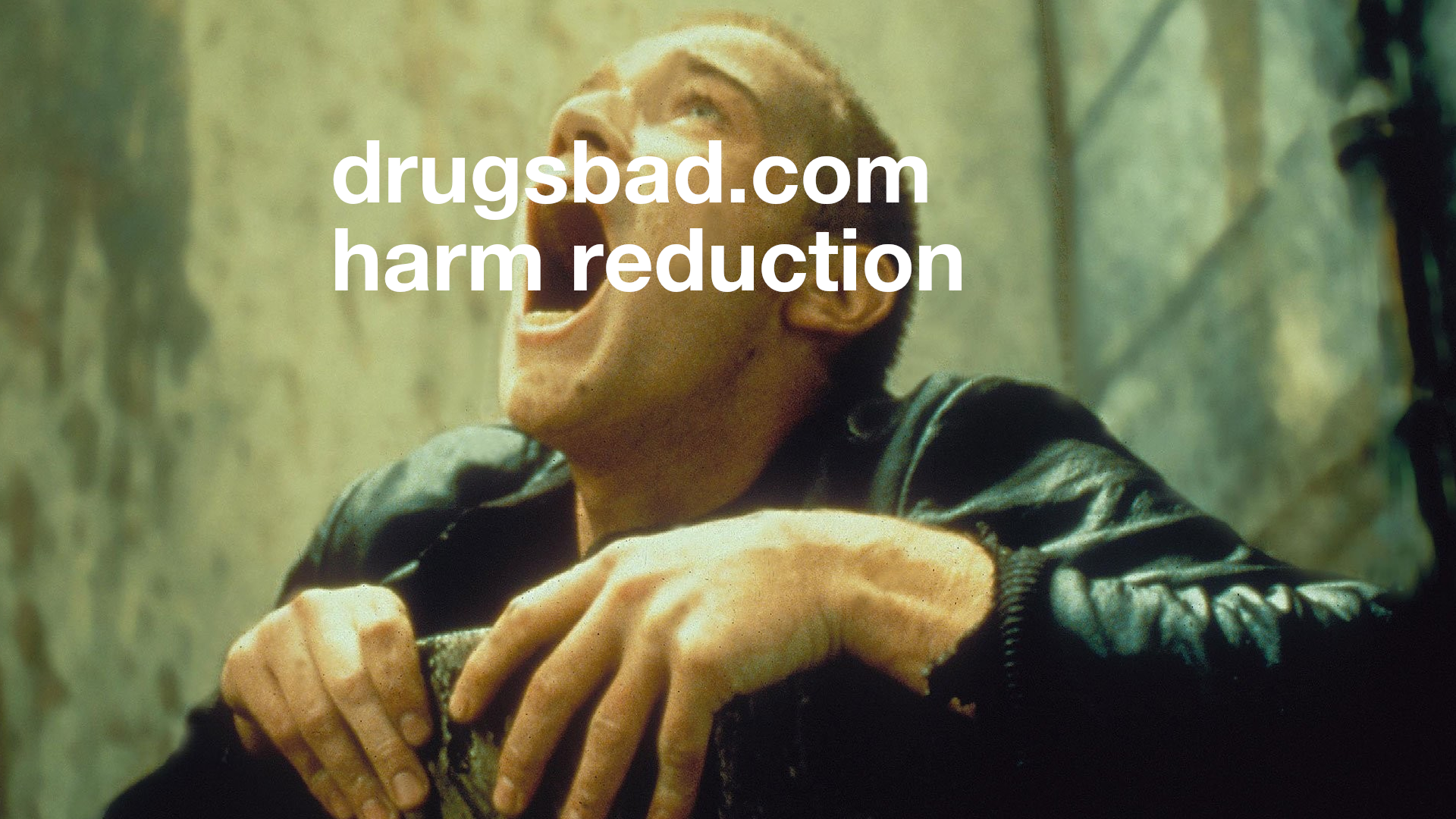Harm Reduction: The Realistic Approach to Drug Use

In the realm of public health, the goal is ideally prevention, and one area where this couldn't be truer is drug use. Here at Drugs Bad, our mission is to advocate against the use of substances due to the myriad of health and social complications that can arise. However, we also acknowledge a stark reality - people are going to experiment with drugs regardless of the potential risks. It's a fact that no amount of deterrent or scare tactics can eliminate entirely. This brings us to an essential conversation about harm reduction.
Harm reduction is the practice of minimizing the damage that can be caused by drug use, without necessarily aiming to eradicate the behaviour itself. It's an approach grounded in realism and compassion, where the focus shifts from judgment and stigmatization to understanding and support.
If you're reading this, it's likely that you or someone you know has been affected by drug use in some capacity. It's also likely that you're aware of the negative outcomes of drug use, from health complications to social issues, and the spiral of addiction. But if the message is just "drugs are bad," we're missing an opportunity to equip potential users with the tools and knowledge to protect themselves if they do choose to experiment.
So, while we underscore that abstinence is the safest choice, we also want to provide some harm reduction strategies for those who might disregard the "just say no" message. Here are some essential harm reduction strategies to consider:
- Test before you ingest: Many overdoses and adverse reactions happen because people are unsure of the substances they're consuming. Online platforms like EcstasyData, Get Your Drugs Tested in Canada, and WEDINOS allow users to send in samples of substances to be tested. For UK residents, Reagent Tests UK provides an option to purchase testing kits, accepting cryptocurrencies such as Monero for anonymity.
- Practice safe dosing: One key aspect of harm reduction is understanding dosages. Overdosing is a real risk with many substances, particularly with the increasing prevalence of potent synthetic drugs. Start with the smallest possible dose and wait before taking more.
- Have a sober buddy: This is someone who can monitor your condition, call for help if needed, and ensure you stay safe throughout the experience.
- Stay hydrated and nourished: Many substances can cause dehydration and loss of appetite. It's essential to drink plenty of water and eat healthily before and after use.
- Know the law: Being aware of the legal implications of drug use in your country can potentially save you from serious consequences. Legal punishments for drug use can vary widely from country to country, and even between different states or regions.
Our goal here is not to condone drug use but to navigate the harsh reality we face. There is a line to tread between normalization and understanding, and we believe that harm reduction stands as a pillar of realistic and compassionate discourse around drug use.
Remember, we're here to support, educate, and foster a community rooted in understanding rather than judgment. Our stance remains that the best choice is to avoid drugs, but if you or someone you know chooses to use, it's imperative to be as safe and informed as possible.
Let's continue the conversation around harm reduction, and move forward towards a more compassionate approach to dealing with drug use. We can't stop people from trying drugs, but we can provide them with the tools to mitigate risks and potentially save lives.